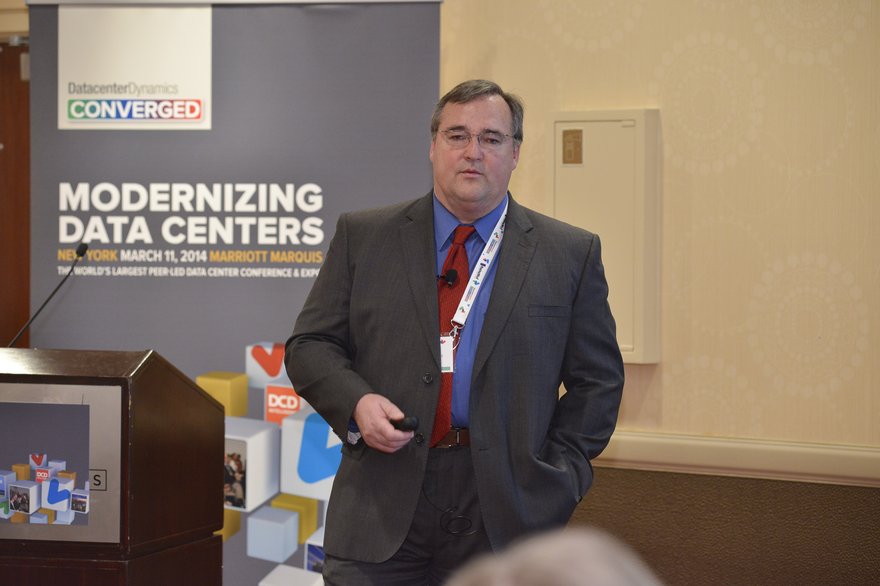Chief executive of the American infrastructure builder The Data Centers LLC (TDC) Eugene ‘Gene’ Kern has been sued by his former business partner.
One-time president and COO of the company Robert Krizman claims that Kern made serious mistakes while handling the company’s first project – a combined power plant and data center in Delaware, which faced resistance from local residents and was ultimately cancelled.
According to the legal complaint, the CEO unfairly dismissed Krizman as the president and tried to ‘freeze him out of the business’ after running up millions of dollars in debt the company had no ability to pay – debts that Krizman has no intention of paying either.
Kern denied any wrongdoing when approached by Delaware Online.
The knives are out
The epic tale began in 2011, after the University of Delaware announced plans to build a data center at the former Chrysler assembly plant in Newark, to be used by the University's Science, Technology and Advanced Research (STAR) Campus.
TDC won the initial tender with a radical idea – combine the data center with a 279MW natural gas power plant, making the US$1 billion facility completely independent from the grid (and providing a substantial amount of generation capacity for the surrounding area). The company was co-founded by Krizman and Kern with the express purpose of building such hybrids.
This approach was supported by the local government and labor unions, but met fierce resistance from local residents, environmental campaigners and UD students, who claimed it would increase pollution and impact their quality of life. That’s despite the fact that the site had a long history of industrial use.
In July 2014, after more than a year of clashes between the two sides, TDC’s proposal was finally rejected by the University’s leadership.
And in September, the company was sued in Delaware Superior Court by two of its contractors – Duffield Associates and Constructure Management – for a combined amount of almost $1.4 million. The plaintiffs alleged that TDC never paid for the work they carried out on the proposal. In addition, they seek accumulated interest, costs and legal fees.
Krizman, who owns a part of TDC but says he’s never been paid a salary there, left the company in January 2014, just as the project started to unravel.
Almost a year later he has filed a legal complaint accusing his former colleague of withholding vital business information, failing to secure financing for the project, and lying to various organizations “for economic gain” while not submitting company tax returns to the appropriate authorities, among other things.
Krizman, who expects more lawsuits to be filed against TDC, has asked the court to absolve him from responsibility for the company's debts and obligations. He also wants TDC to pay for his legal defense.
But even that wouldn’t be the end of the story. The two men own a common patent for an integrated power plant and data center design and Kizman is currently “investigating potential wrongdoing” in Kern’s approach to management of their common intellectual property.
Meanwhile, the University of Delaware is seeking a new partner who is prepared to take on the site using small scale co-generation. "At some point, we are hopeful that [we can build] a data center that would be tied into the grid and operate traditionally – the way the historic data centers would operate,” explained Andy Lubin, UD’s director of real estate, after the previous project was cancelled.
Power issues are increasingly important to data centers. In Northern Virginia, an Amazon data center is in the balance because protesters are objecting to a new 230kV transimssion line.

